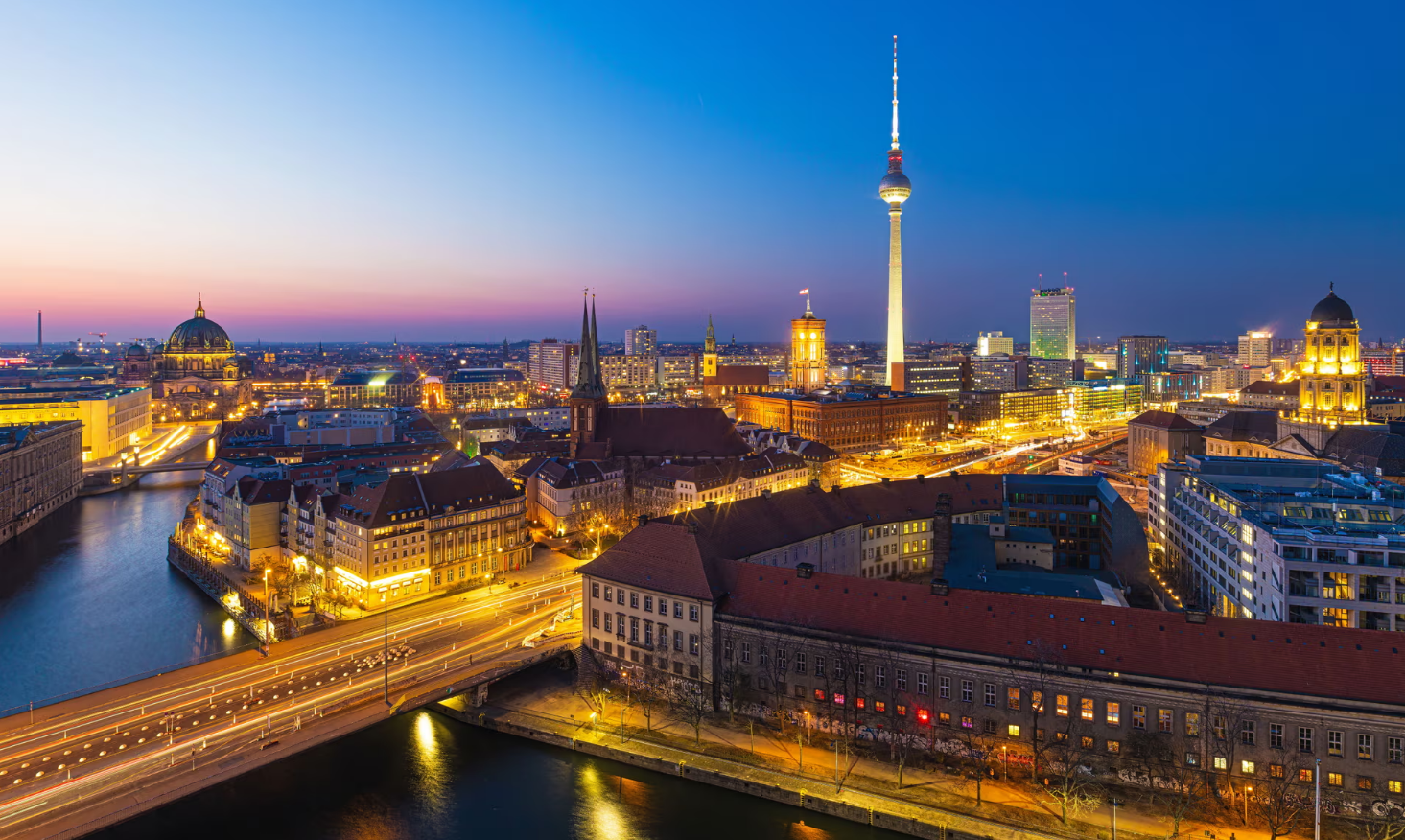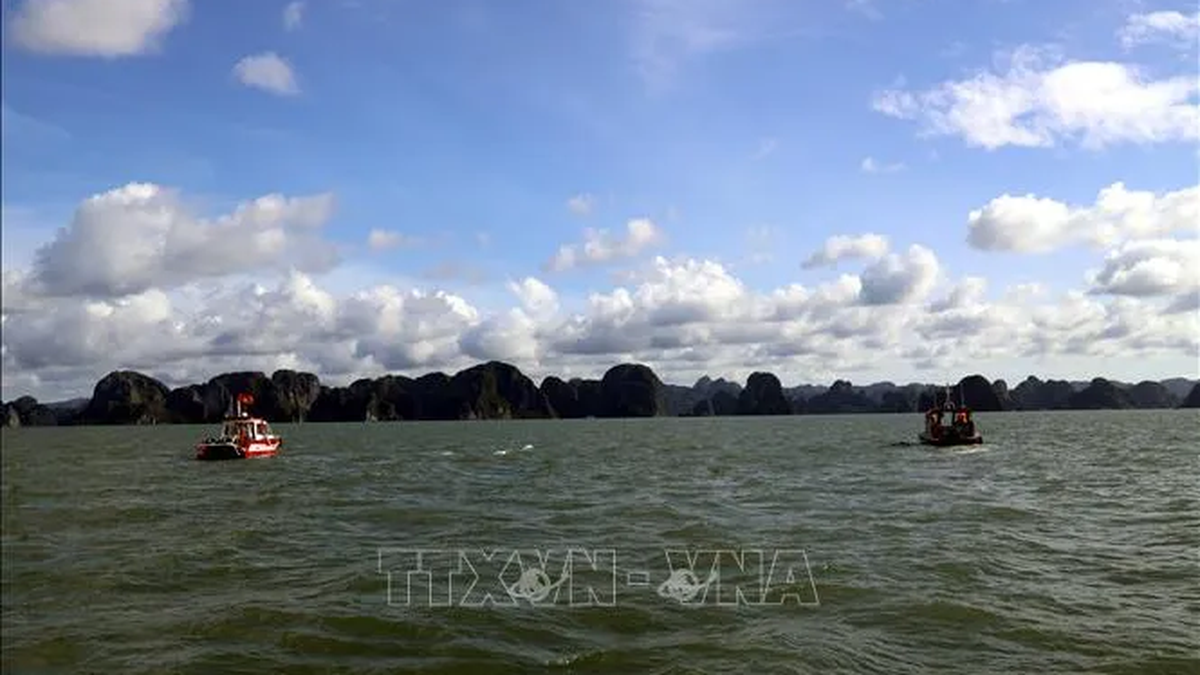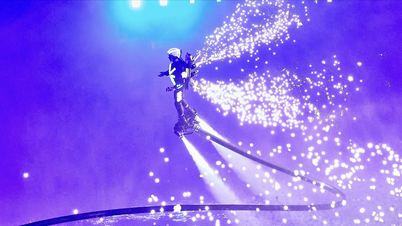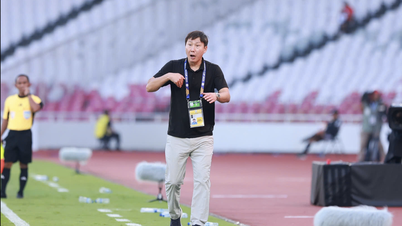Industrial activity in the eurozone continued to decline in July, while the economic difficulties facing the "old continent" showed little sign of easing, according to business survey results released on August 1.
The latest Hamburg Chamber of Commerce (HCOB) Purchasing Managers’ Index (PMI) – which measures the overall health of factories across the eurozone – remained unchanged at 45.8. This is slightly higher than the 45.6 reported in last week’s flash estimate, but well below the 50-point mark that separates growth from contraction.
Germany, the largest economy in Europe and the Eurozone, posted its lowest PMI in three months, slipping to 43.2 from 43.5 in June-July. This came after the country's GDP growth was weaker than expected, -0.1% instead of the previous forecast of +0.1%, released by the EU's statistics agency Eurostat.
The news adds to concerns that Germany could be on the brink of a technical recession (defined as at least two consecutive quarters of negative growth) just months after emerging from recession in 2023, when Europe's powerhouse posted the worst performance among the world's advanced economies.
Sander Tordoir, chief economist at the Center for European Reform (CER), said Germany's industrial downturn could no longer be blamed on the spike in energy prices that followed Russia's military campaign in Ukraine in February 2022, as current energy costs were broadly similar to pre-Covid-19 levels.
“I think it will take time to analyse the factors, but it is also very clear that it cannot really be the fault of energy anymore,” Mr Tordoir told the Euractiv news portal on August 1.

Energy costs in Europe are now broadly similar to pre-Covid-19 levels. Photo: The Guardian
The expert said possible causes for Germany's industrial decline include slowing domestic and external demand as well as growing competition from China, which is increasingly prioritizing exports of advanced manufacturing products.
“China’s manufacturing export surplus is much higher than before the pandemic and they tend to be in Germany’s strong sectors, mainly automotive. So I think that must be a big factor,” Tordoir said.
Meanwhile, France, the eurozone's second-largest economy, recorded an even bigger drop in its PMI, from 45.4 to 44. This was the lowest reading the country has recorded in six months and slightly below last week's preliminary estimate of 44.1.
“Industrial activity in the eurozone was broadly affected in July,” Cyrus de la Rubia, chief economist at Hamburg Commercial Bank (HCOB), said in a statement.
The expert added that survey data showed only Greece and Spain recorded “substantial growth” in factory activity last month – but warned that “even in these countries, momentum has slowed significantly”.
"The manufacturing industry is likely to face difficult times in the coming months," said Mr. De la Rubia.
Minh Duc (According to Euractiv)
Source: https://www.nguoiduatin.vn/chau-au-doi-mat-kho-khan-kinh-te-lan-nay-loi-khong-phai-tai-nang-luong-204240802155012598.htm






































































































Comment (0)